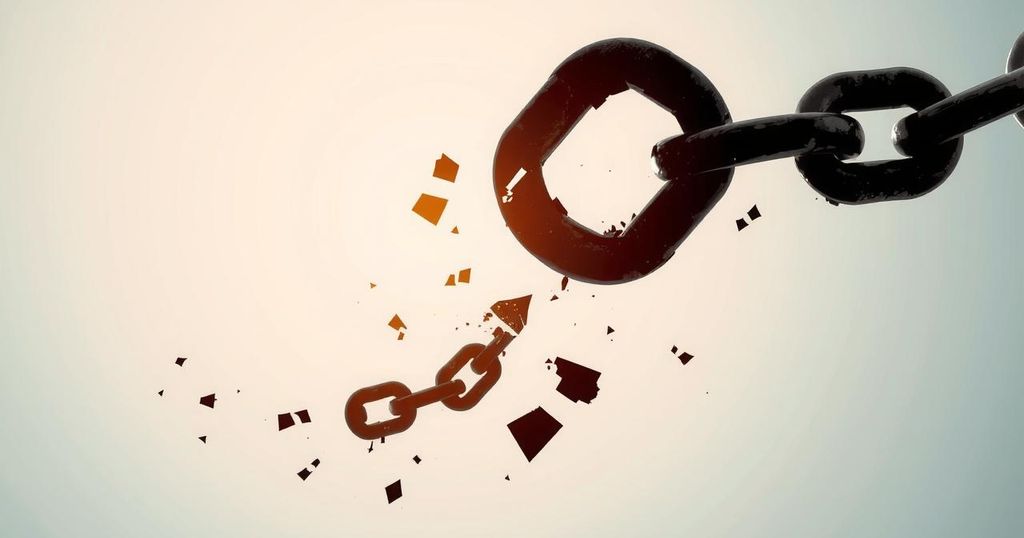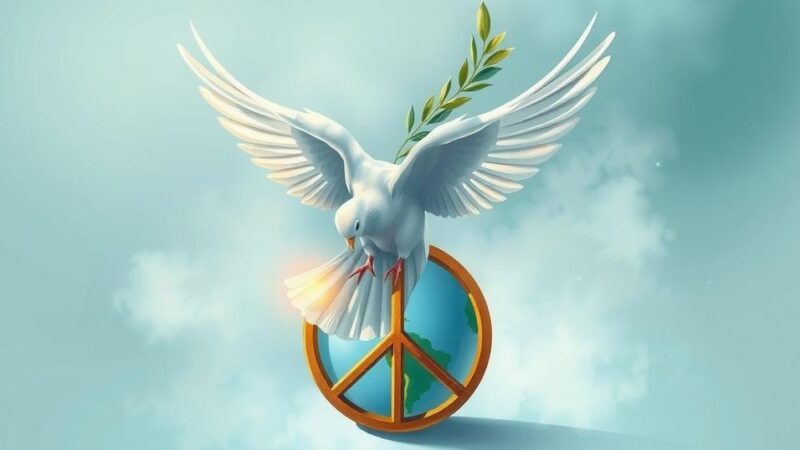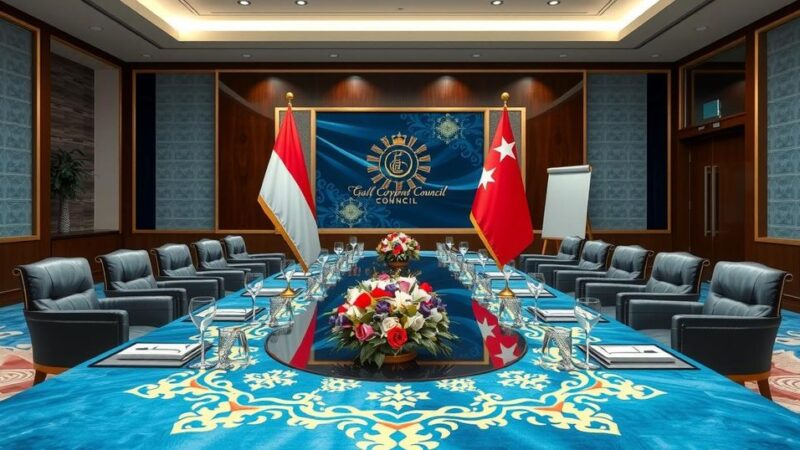The European Parliament adopted resolutions condemning human rights violations in DRC, Iran, and Algeria. They called for the abolition of the death penalty in Iran and urged reforms in the DRC’s judicial system. Algeria’s authorities were also asked to release political prisoners and amend repressive laws affecting freedom of expression.
The European Parliament recently adopted three resolutions addressing human rights violations in the Democratic Republic of the Congo (DRC), Iran, and Algeria. In the DRC, officials condemned death sentences, particularly that of Jean-Jacques Wondo, and called for judicial reforms. In Iran, the Parliament demanded a moratorium on the death penalty, highlighting the cases of human rights activist Pakhshan Azizi and humanitarian worker Wrisha Moradi. Algeria was urged to release journalist Boualem Sansal and to amend repressive laws curtailing freedom of expression.
The European Parliament expressed unequivocal opposition to the death penalty during a session where the need for reform across various countries was at the forefront. In the DRC, lawmakers called for the immediate release of Jean-Jacques Wondo, citing concerns over his health, while urging the government to adopt measures aimed at judicial independence and fairness. Officials emphasized that a moratorium on executions must be reinstated in the DRC to pave the way for a complete abolition of the death penalty.
In Iran, the Parliament condemned the Iranian government’s systematic rights violations and its recent executions, specifically calling for the immediate release of political figures such as Azizi and Moradi. With the backing of 556 votes in favor, the resolution denounced the death of dual citizen Jamshid Sharmahd, demanding transparency regarding the circumstances of his murder. Moreover, MEPs encouraged financial support for civil society movements in Iran, particularly the ‘Woman, Life, Freedom’ movement.
Regarding Algeria, the resolutions urged the government to reevaluate oppressive legal frameworks that stifle freedoms and the judiciary’s independence. Boualem Sansal’s case garnered significant attention, alongside that of several other detained activists. The Parliament emphasized that the EU must assert political leverage on Algeria concerning the rule of law and respect for expressional freedoms, linking this to future EU funding disbursements.
Within the context of global efforts to advocate for human rights, the European Parliament has taken a firm stance on the situation in the Democratic Republic of the Congo, Iran, and Algeria. Each country exhibits unique challenges pertaining to human rights, judicial fairness, and freedom of expression. The emphasis from the Parliament serves as a crucial reminder of the need for accountability and reform in these regions to protect the fundamental rights of individuals.
In conclusion, the European Parliament has voiced strong disapproval of human rights abuses in the DRC, Iran, and Algeria, calling for urgent reforms and the release of political prisoners. Specifically, the resolutions highlight the critical need to abolish the death penalty, eradicate oppressive laws, and uphold freedom of expression. This unified approach aims to foster systemic change and enhance human rights protections across these nations.
Original Source: europeansting.com






